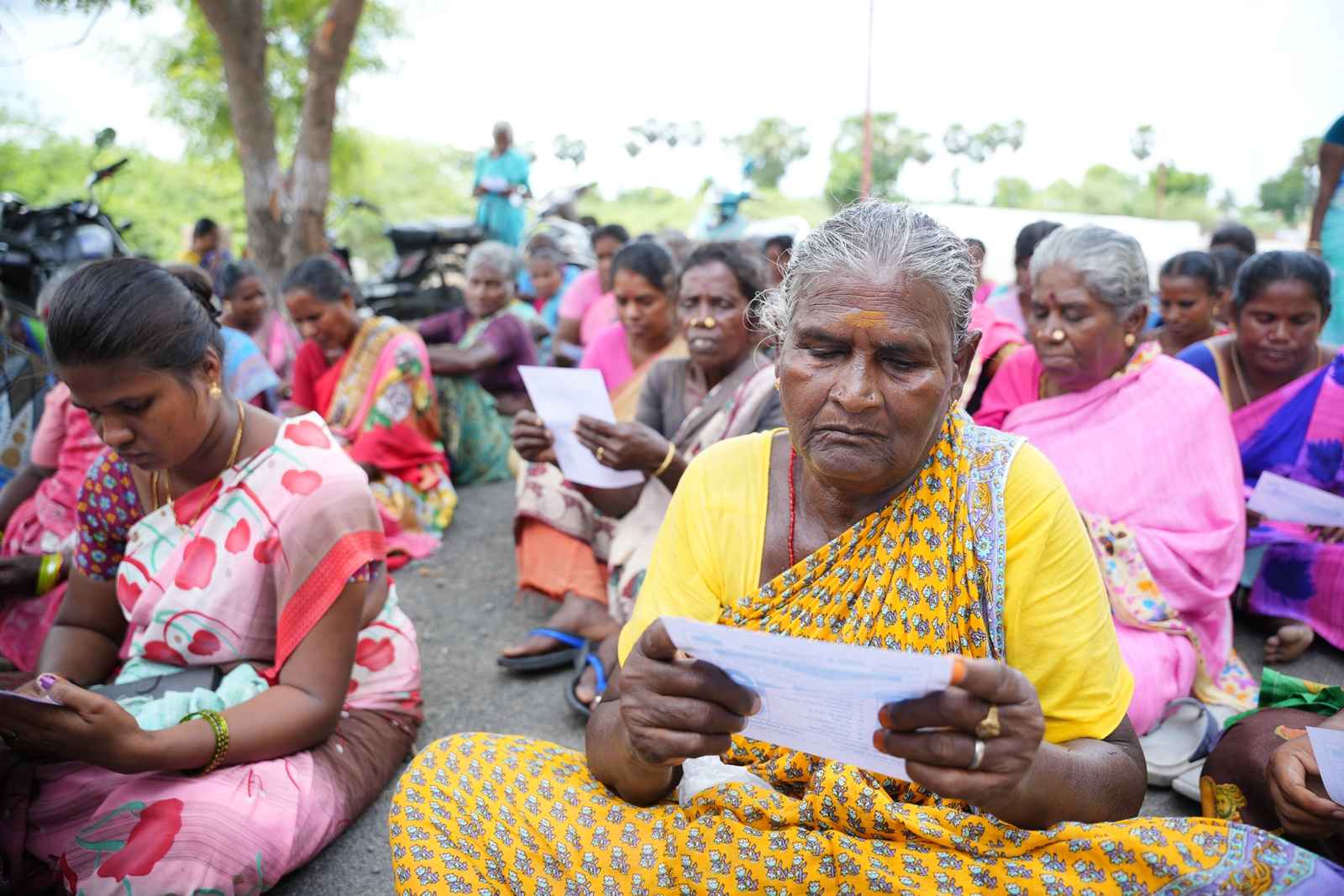In contemporary times, accessing knowledge about a specific topic does not necessitate a visit to a university. With a few clicks, a series of resources can become available to anyone with some understanding of the internet. Be it theory heavy disciplines like museology, curation, or something as complex as physics or coding, the internet has expanded the ambit of our learning by providing limitless possibilities in the realm of education. Take the case of Khan Academy, an American non-profit that offers a set of online tools to help educate students. With over 10,000 video lessons across a series of subjects, the platform has emerged as a great learning tool for free and equitable education globally.
Social media platforms, designed to expand interactive spaces where users can engage through various mediums, push the envelope even further. They can help foster a culture of learning and knowledge sharing. Christine Greenhow, Julia Sonnevend, Colin Agur in their 2016 book Education and Social Media: Toward a Digital Future write that when any form of internet technology evolves, educators are usually the first one to reject it. However, the rapid advancements in technology and the changing landscape of education globally, underscore how social media platforms have been playing an active role in revolutionising education—making it more accessible and interconnected than ever before. This emphasises the significance of social media’s role in education as a topic deserving of our attention.
It’s everywhere
The ubiquitous presence of social networking has piqued students’ interest. According to a 2016 survey conducted by Tata Consultancy Services, 70.8 percent of students in Mumbai spent between 15 to 180 minutes daily on social networking sites, with 48.2 percent using them for school-related tasks. Interestingly, social media usage among youth in smaller towns surpassed that in major cities. Mumbai ranked fourth in this regard, while tier-2 cities such as Pune (54.2%) and Vizag (53%) had a higher proportion of students utilising online platforms for their school assignments.
Quite evidently, social media platforms have changed how students engage with education and professional development. Each platform offers unique benefits that cater to different aspects of learning and career preparation. YouTube has also played a pivotal role in this revolution. Over the years, it has evolved into a ubiquitous educational hub, offering a vast range of videos from academic lectures to tutorials. Teachers from around the world have embraced YouTube as a platform to facilitate learning. Students are increasingly seeking the platform’s help to clear concepts.
Personal wins
A notable example is Roshni Mukherjee, who has amassed over 3 million subscribers on Instagram and created more than 8000 lessons tailored for Class 11 and 12 students. In an interview with the Indian Express, Roshni expressed that receiving feedback from students who understand topics quicker than in traditional classes motivates her greatly.
Spaces like Quora, a question-and-answer website, and Facebook, a microblogging site have further pushed the envelope. The former serves as a knowledge-sharing platform where students can pose questions and receive answers from experts and peers across the globe. Facebook, by view of its features, allows students to share resources, discuss academic topics, and collaborate on projects.
These communities serve as dynamic spaces where learners can exchange ideas, seek advice, and access relevant study materials curated by fellow students or educators. In fact, Telegram—a messaging app—serves as a repository for resources allowing educators to share study materials, video recordings, readings, supplementary resources, and assignment guidelines with students.
In the same vein, LinkedIn has emerged as a powerful tool for students aiming to expand their professional network and explore career opportunities while still pursuing their studies. The application allows students to gain insights into various industries, reach out for mentorship and even secure internships or part-time jobs that align with their career aspirations.
Increased accessibility to education: Thanks to social media
Education, thanks to social media, has become a commodity accessible to all, thus democratising access by lowering barriers for underserved communities. It encourages collaborative learning by enhancing access to information, yet it also brings its own unique challenges. Despite a plethora of resources, social media use can impact students’ learning process, social interactions, etc.
A 2021 cross sectional study conducted by Manjur Kolhar, Raisa Nazir Ahmed Kazi and Abdalla Alameen revealed that more than half students reported that social media use had affected their learning activities. Most students felt more drawn toward social media than toward academic activities. The use of these apps also delayed bedtime to social media use, further affecting their health. This trend concerns educators, who are grappling with how to redirect students to harness the educational benefits of social media while managing the inherent distractions that come with it.
The integration of social media into education becomes a huge responsibility for schools and institutions. Beyond incorporating these platforms, they must guide students in discerning reliable information, managing time amidst distractions and navigating privacy and ethics. This ensures students harness social media thoughtfully and responsibly, cultivating digital literacy crucial for functioning in a dynamic global landscape.
Don’t paint the picture too rosy for education through social media
Early this year, UNESCO issued a significant report emphasising both the potential and pitfalls of social media in education. While acknowledging the benefits of digital technologies in enriching teaching and learning experiences, the report also underscored significant concerns. These include privacy breaches, distractions that hinder learning, and the prevalence of cyberbullying. Moreover, the report also highlighted that social media can exacerbate gender stereotypes, adversely affecting the well-being, educational outcomes and career decisions of girls, further outlining the need for stakeholders to intervene with the right practices.
Undoubtedly, as our world hurtles into the digital age, social media has firmly embedded itself into our daily lives. For educators, students and parents this means a collective need to embrace the potential of social media while they adapt to the evolving educational landscape.
Our Work
Smile Foundation’s Mission Education Program is dedicated to not only providing quality education but also addressing the socio-emotional needs of children. Understanding that emotional well-being is integral to a child’s overall development, the program incorporates holistic approaches that nurture both the mind and the heart. Through various initiatives, including counselling, extracurricular activities and community engagement, Mission Education creates a supportive environment where children can thrive emotionally and academically.
The program’s counselling sessions also talks about cyber crime and prepares students to address issues pertaining to social media. Overload of information without guidance is harmful on impressionable minds and we are making efforts to protect the children from instances that can possibly scar them by training and sensitising the teachers towards the changing needs of children.









